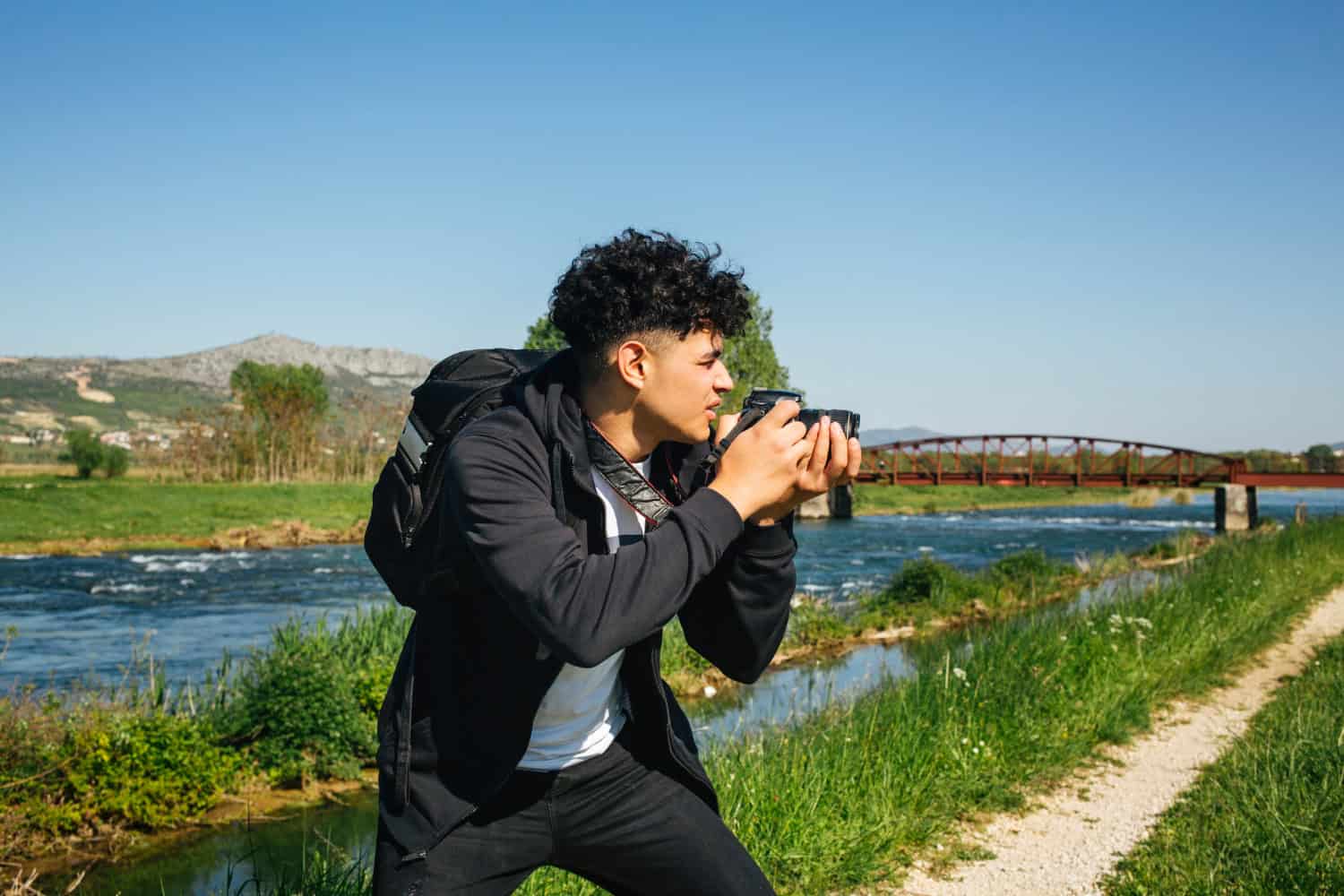
In today’s digital world, you might find yourself caught on camera – a heated argument, a service meltdown, or even a funny moment. But did you know you might have rights regarding these recordings? Let’s explore what the law says about being recorded without your consent in South Africa.
Understanding “Recording” and the Law:
The law focuses on audio and video recordings. Audio recordings can include lectures, phone calls, or conversations. Here’s what you need to know:
- Generally, consent is required: The Regulation of Interception of Communications and Provision of Communication-Related Information Act (RICA) prohibits recording conversations without consent.
Exceptions to the Consent Rule:
There are situations where recording without consent is allowed:
- You have written consent: If one person in a conversation gives written permission, recording is legal.
- Business Necessity: Businesses can record conversations relevant to their operations (think: call centres).
- You’re Part of the Conversation: If you’re directly involved in a conversation, recording it is legal.
Video Recordings and Public Spaces:
- Direct Recordings: Recording a face-to-face conversation you’re part of is legal.
- Public Places: Arguments at malls or airports can be recorded because they happen in public view.
The Case of Indirect Communication:
- Zoom/Skype Calls: Despite feeling “direct,” these calls are technically indirect and require consent from all parties for recording.
Recordings Deemed Illegal:
- Spying Methods: Recording using hidden devices (“bugging” or “tapping”) is illegal.
- Not Part of the Conversation: Recording someone you’re not speaking to is illegal.
- Secret Recordings: Recording someone secretly without their knowledge is illegal.
Protect Your Privacy!
Understanding these recording rules allows you to avoid legal trouble.
Need Help with Recording Laws?
The lines between public and private can be blurry. Knowing your rights regarding recordings empowers you to protect your privacy and navigate potentially uncomfortable situations.
Don’t be left wondering if a recording of you is legal. Our team is here to help! Contact us for a consultation. We can explain your rights under RICA, assess the legality of a recording, and guide you on appropriate actions if your privacy has been violated. Let us help you navigate the complexities of recording laws in South Africa with confidence.


Recent Comments